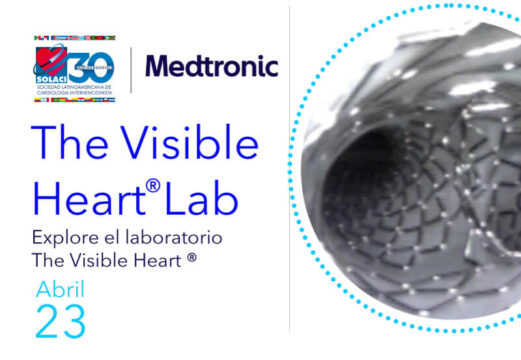1-FDA Expands TAVR Indication to Low-Risk Patients
Both the self-expandable valve Evolut R and its direct competitor, balloon-expandable valve Sapien 3, received the authorization to be indicated for low-risk patients in a long-awaited announcement made on August 16th, 2019.
Read also HERE
2-Mechanisms of Post PCI Persistent Angina
Angina persistence or recurrence after PCI can affect between 20 to 40% of patients in the short and mid-term. This might be true despite PCI optimization using FFR, intravascular ultrasound and the latest generation stents. This problem is associated with high healthcare cost, which can double in patients with recurrent or persistent angina compared against asymptomatic patients. Guidelines are unclear as to what to do; there are several gaps when it comes to their underlying physiopathological mechanisms, which makes these patients a real pain in the neck for clinical cardiologists and interventionists.
Read also HERE
3-Do NOACs Result in Any Benefit in TAVR?
The need for anticoagulation after transcatheter aortic valve replacement (TAVR) is over 15% according to different reports and, so far, no one has analyzed in depth whether new oral anticoagulant agents (non-vitamin K oral anticoagulants [NOACs]) result in superior benefit compared with classic vitamin K antagonists (VKAs).
Read also HERE
4-Impact of Edge to Edge Transcatheter Tricuspid Valve Repair
Reducing tricuspid regurgitation with transcatheter valve repair is associated to improved liver function, which is often ignored by many cardiologists. This is especially true in cases with deteriorated liver function prior valve repair. Instead, kidney function did not show any changes.
Read also HERE
5-What to Do with Blood Pressure Levels Between 130/80 and 139/89 mmHg
The decision to be made with a treatment-free patient with systolic blood pressure over 160 mmHg or diastolic blood pressure over 100 mmHg is an easy one. All guidelines agree: treatment should be started immediately alongside lifestyle changes.
Read also HERE
6-Surgery to Improve Survival in Isolated Tricuspid Regurgitation
Patients with isolated tricuspid regurgitation (i.e., who have no associated left-sided valve disease) are frequently treated conservatively. In many cases, valve disease is highly symptomatic, even with the optimization of medical treatment; however, an invasive strategy is seldom proposed.
Read also HERE
7-Must Post MI Patients Use B Blockers for Life?
Long-term use of B blockers after myocardial infarction has been questioned for a while now; in fact, admittedly, beyond the three year follow up its benefits remain unclear. It is particularly controversial in elderly patients and this recent study published in Circ Cardiovasc Qual Outcomes sheds some light on the matter.
Read also HERE
8-Clinical Implications of the New Hypertension Guidelines
Hypertension is the first modifiable risk factor affecting morbidity and mortality in nearly half of the adults in the US. The new ACC/AHA guidelines have issued new standards for the detection assessment and management of high blood pressure.
Read also HERE
9-PCI and Anticoagulation: What is the best strategy?
Most patients with atrial fibrillation require anticoagulation to reduce the risk of stroke or systemic embolization. Today, this is achieved with the new direct oral anticoagulants, which present lower intracranial bleeding risk compared against the old vitamin K antagonists. On the other hand, approximately between 5% to 10% of patients receiving PCI also present atrial fibrillation, which complicates clinical practice, since these patients would also need dual antiplatelet therapy.
Read also HERE
10-Can Antiplatelet Therapy Affect the Life of Coronary Grafts?
The antiplatelet treatment strategy providing optimal balance between thrombotic and bleeding risks in patients undergoing myocardial revascularization surgery is unclear.
Read also HERE
Subscribe to our weekly newsletter
Get the latest scientific articles on interventional cardiology
We are interested in your opinion. Please, leave your comments, thoughts, questions, etc., below. They will be most welcome.



